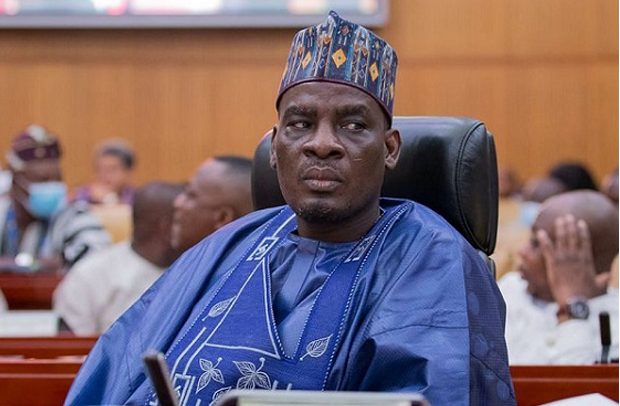Haruna Iddrisu
The Ministry of Education has clarified the directive of the compulsory use of Ghanaian languages in teaching students across the country as announced by the sector minister, Haruna Iddrisu.
According to the ministry, the directive applies to only Kindergarten to Primary 3 (Lower Primary) levels, and not the entire basic school levels.
“The Honourable Minister for Education has asked me to clarify that the policy directive he announced on Friday regarding the compulsory use of mother tongue as a medium of instruction in our public basic schools is confined, emphasis, confined to KG up to Primary 3.
“In other words, KG and Lower Primary. Having clarified what seems to have given a few persons sleepless nights, I bring you greetings,” Deputy Education Minister Clement Apaak said.
Speaking at the launch of the Foundational Learning Action Tracker on Monday, October 27, Mr. Clement Apaak said the clarification was necessary to settle the ongoing discussions.
Minister for Education, Haruna Iddrisu, has directed the Ghana Education Service (GES) to strictly enforce the use of mother tongue instruction in all Ghanaian schools.
According to the Education Minister, this directive forms part of efforts to reform the education sector, while promoting the use of local languages in teaching and learning.
Speaking at the launch of the Free Tertiary Education Programme for Persons Living with Disabilities, Mr. Iddrisu stressed that the initiative seeks to encourage the use of local languages as a medium of instruction, particularly at the basic education level, to enhance comprehension and learning outcomes.
“I am directing the Director-General of the GES and the GES that from today, teacher use of mother tongue instruction is now compulsory in all Ghanaian schools.
“The GES is to ensure strict enforcement of this…This is part of President Mahama’s reset agenda,” he said.
Meanwhile, former Director-General of the National Council for Curriculum and Assessment (NaCCA) and Lecturer at the University of Education, Winneba, Dr. Prince Hamid Armah, has reacted to the clarification saying, “the Education Ministry has now confirmed that the mother tongue policy applies from Kindergarten to Primary 3, consistent with Ghana’s established bilingual framework.”
He further noted, “This position aligns with both the National Pre-Tertiary Curriculum Framework and international evidence supporting early-grade bilingual transition models. It is precisely what I argued for: structured use of the mother tongue up to Primary 3, with Primary 4 as the pedagogical bridge to English.
“Policy coherence matters. When directives are grounded in theory and research, public confidence grows and confusion fades.”
A Daily Guide Report


